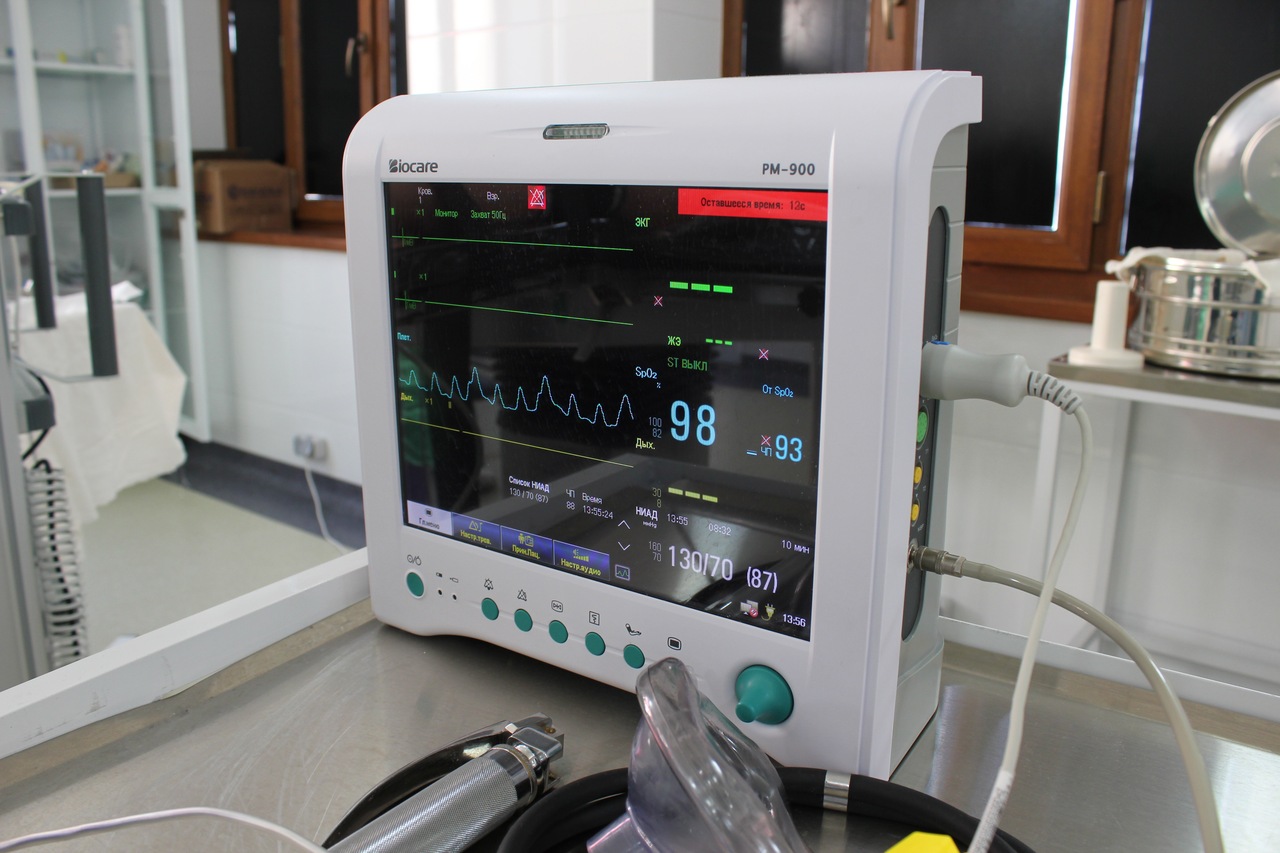An ECG (electrocardiogram) course for physician assistants is a crucial component of their training, as it equips them with the knowledge and skills needed to interpret ECGs, diagnose cardiac conditions, and provide appropriate care to patients with heart-related issues. Here’s an outline of what a comprehensive ECG course for physician assistants might cover:
Introduction to ECG:
Basic principles of electrical conduction in the heart
The role of the ECG in diagnosing cardiac conditions
Anatomy and Physiology:
Review of the heart’s anatomy, including the various chambers, valves, and major vessels
Understanding the electrical system of the heart, including the sinoatrial (SA) node and atrioventricular (AV) node
ECG Equipment and Lead Placement:
Introduction to the ECG machine and electrode placement
The importance of proper lead placement and skin preparation
Normal ECG patterns:
Recognition of normal sinus rhythm
Understanding the P-wave, QRS complex, and T-wave
Normal heart rate and intervals
Abnormal ECG Patterns:
Identification of various cardiac arrhythmias, such as atrial fibrillation, ventricular tachycardia, and heart blocks







